#47 make voices be heard — Book reviews
Neklidné hranice
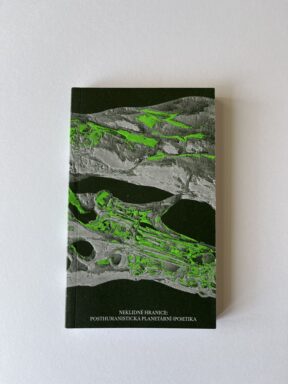
Jiří Sirůček, Neklidné hranice: Posthumanistická planetární (po)etika, display – association for research and collective practice: 2022
Read more
Jiří Sirůček, Neklidné hranice: Posthumanistická planetární (po)etika, display – association for research and collective practice: 2022
Read more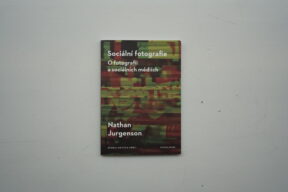
Nathan Jurgenson, Sociální fotografie. O fotografii a sociálních médiích, Karolinum Press, Prague: 2022
Read more

Francesco Casetti, Screening Fear. On Protective Media, Zone Books, New York: 2023
Read more
Nicholas Davies (eds.), Lucid Knowledge. On the Currency of the Photographic Image, 8th Triennial of Photography, Hamburg: 2022
Read more
Jaromír Čejka. Stopy, Prague: KANT 2023
Read more
Jitka Hlaváčková (ed.). Věštění z noční oblohy částečně zakryté mraky. Role fotografie v postmediální době, Prague: GHMP 2022
Read more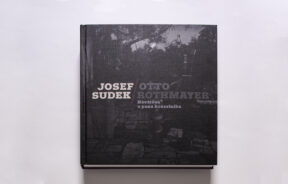
Josef Sudek – Otto Rothmayer. Návštěva u pana kouzelníka, Prague: UPM, 2022
Read more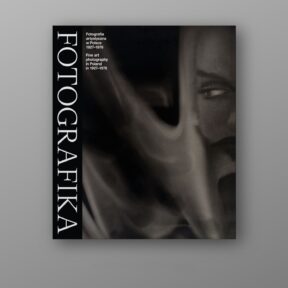
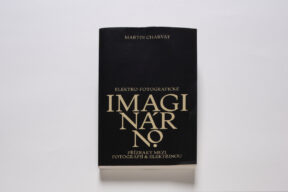
Martin Charvát. Elektro-fotografické imaginárno. Přízraky mezi fotografií a elektřinou. Prague: NAMU, 2023
Read more
Darja Lukhanenko, How to make rockets disappear?. Prague: UMPRUM, 2023. Online publication.
Read more
Mining Photography / The Ecological Footprint of Image Production. Various Authors, Spector Books, 2022.
Read more
Anna Volkmar. Art and Nuclear Power: The Role of Culture in the Environmental Debate. London: Lexington Books, 2022. ISBN 9781666900224.
Read more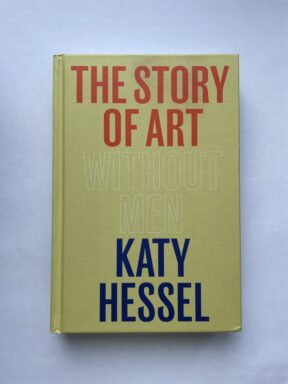
Katy Hessel. Story of Art (Without Men). London: Random House, 2022. ISBN: 9781529151145.
Read more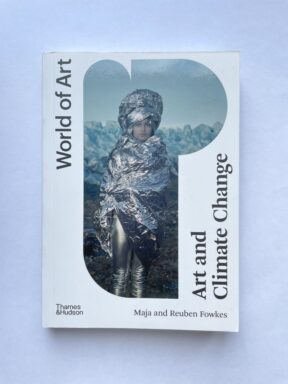
Maja and Reuben Fowkes. World of Art / Art and Climate Change. London: Thames&Hudson, 2022. ISBN 978-0-500-20475-7.
Read more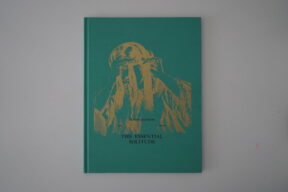
Tereza Zelenková, Essential Solitude, Reykjavík: VOID, 2023.
Read more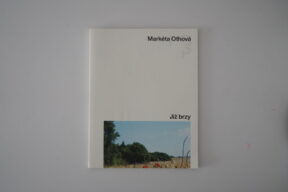
Markéta Othová, Již brzy, Prague: Národní galerie, 2023.
Read more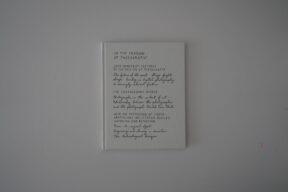
Magda Stanová, In the Shadow of Photography, Prague: AVU, 2023.
Read more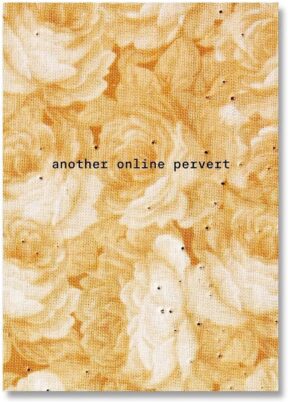
Brea Souders, Another Online Pervert, London: Mackbooks, 2023.
Read more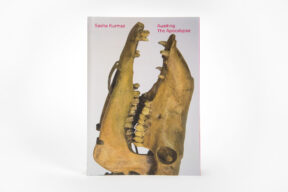
Sasha Kurmaz, Awaiting the Apocalypse Pale Horse, Kyiv: 2022.
Read more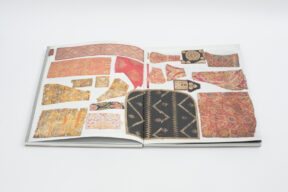
MNRT. Welcome: Interdisciplinary Look On The Migrant Crisis. Krakow: Academy of Fine Arts in Krakow, Fundacja Sztuk Wizualnych, MNRT collective, 2022. ISBN: 9788362978397.
Read more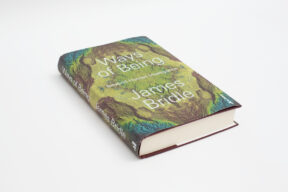
James Bridle. Ways of Being. Beyond Human Intelligence. London: Penguin Books, 2022. ISBN: 9780241469651.
Read more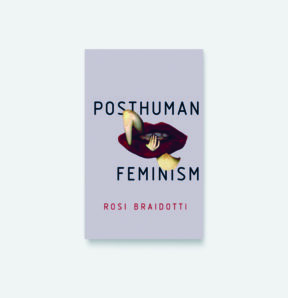
Rosi Braidotti. Posthuman Feminism. Cambridge / Medford: Polity Press, 2022. ISBN: 9781509518074.
Read moreBruno Latour. Où suis-je? — Leçons du confinement à l’usage des terrestres. Paris, Empecheurs, 2021. ISBN: 2359252003.
Read more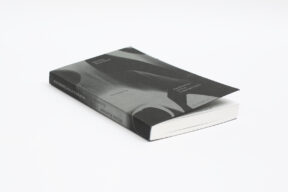
Nicolas Bourriaud. Inclusions. Aesthetics of the Capitalocene. London: Sternberg Press, 2022. ISBN: 9783956795862.
Read more
Marie Tomanova. It Was Once My Universe. Tokyo: Super Labo, 2022. ISBN 978-4-908512-61-2.
Read more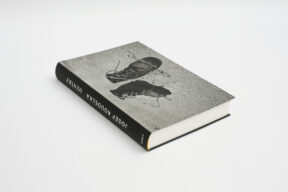
Josef Koudelka. Deníky. (Diaries) Praha: Torst, 2021. ISBN 978-80-7215-690-0.
Read more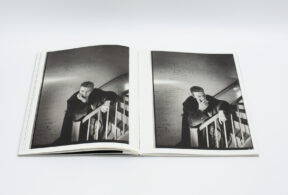
Antonín Kratochvíl. David Bowie. Looking for the Light. Praha: Atelijèur Půda, 2022. ISBN 978-80-11-01898-6.
Read more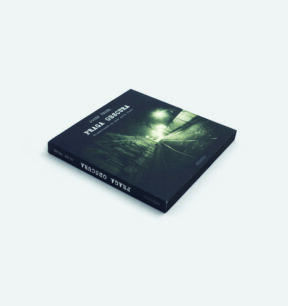
Josef Šnobl. Praga Obscura. Erinnerungen an eine graue Stadt 1970–1979 / 1990–2005. (Praga Obscura. Memories of a Gray City 1970–1979 / 1990–2005) Köln: Emons Verlag, 2022. ISBN 978-3-7408-1662-9…
Read more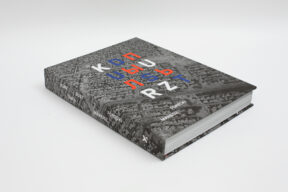
Mariusz Forecki. Kurz / Ewolucja imperium 1988–2022. (Dust / The Evolution of the Empire) Poznań: Pix.house, 2022. ISBN 978-83-961216-6-0.
Read more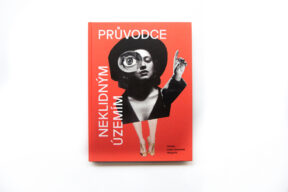
Ondřej Horák, Lucie Šťastná. Průvodce neklidným územím III. Příběhy česko-slovenské fotografie. Prague: Labyrint, 2021. ISBN 9788088378129
Read more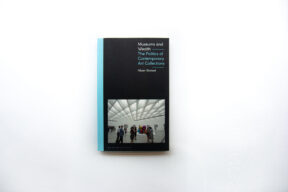
Nizan Shaked. Museums and Wealth: The Politics of Contemporary Art Collections. London: Bloomsbury Academic, 2022. ISBN 9781350045767
Read more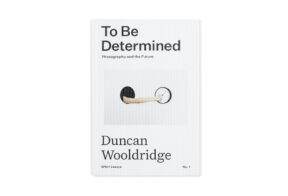
Duncan Wooldridge. To Be Determined: Photography and the Future. London: Self Publish & Be Happy, 2021. ISBN 9781916041233
Read more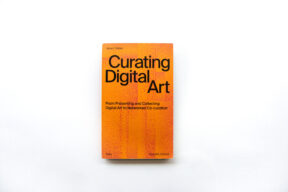
Annet Dekker, eds. Curating Digital Art. From Presenting and Collecting Digital Art to Networked Co-curation. Amsterdam: Valiz, 2021. ISBN 9789493246010
Read more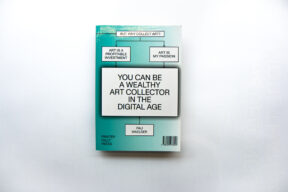
Paul Wealder. You Can Be a Wealthy Art Collector in the Digital Age. Frankfurt am Main: Printer Fault Press, 2020. ISBN 9788409233823
Read more
Heather Diack. Documents of Doubt: The Photographic Conditions of Conceptual Art, Minneapolis – London: University of Minnesota Press, 2020, ISBN 9781517907570
Read more
Giovanni Aloi & Susan McHugh. eds. Posthumanism in Art and Science: A Reader, New York: Columbia University Press, 2021, ISBN 9780231196673
Read more

Benjamin Aldes Wurgaft. Meat Planet: Artificial Flesh and the Future of Food. Berkeley: University of California Press, 2020. ISBN: 9780520379008
Read more

Aaron Cezar a Dani Burrows, eds. Politics of Food. Berlín – Londýn: Sternberg Press – Delfina Foundation, 2019. ISBN 9783956795169
Read more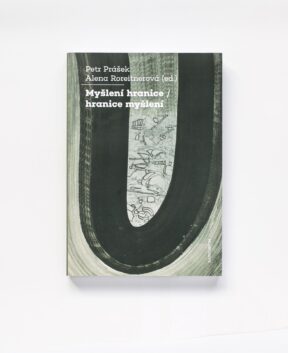
As a prominent pedagogue at the Faculty of Arts at Charles University and the Film and Television Faculties of the Academy of Performing Arts in Prague, Miroslav Petříček has now influenced several generations of (not only, but probably primarily) Czech and Slovak students of philosophy, film, photography and related fields…
Read more
As a prominent pedagogue at the Faculty of Arts at Charles University and the Film and Television Faculties of the Academy of Performing Arts in Prague, Miroslav Petříček has now influenced several generations of (not only, but probably primarily) Czech and Slovak students of philosophy, film, photography and related fields…
Read more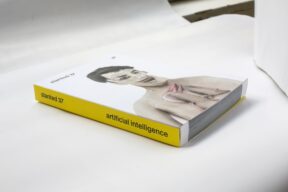
Slanted Publishers is an independent publishing house founded in 2014 by Lars Harmsen and Julie Kahl in Karlsruhe. They bring out publications on contemporary art, illustration, design, photography and typography, as well as Slanted magazine…
Read more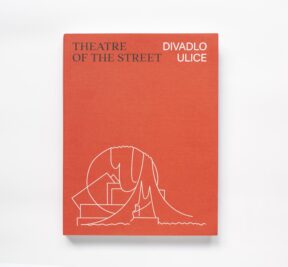
The book Theater of the Street accompanies readers through the streets of the First Republic flooded with neon lights. Together with several other authors, Lada Hubatová-Vacková presents the history of display cases, illuminated advertising, and window displays in the context of modernism…
Read more
It is not at all surprising that the history of photography is connected with the history of capitalism, but it can be more difficult to capture how and why this is the case. Among other things, this anthology of texts published by Verso is valuable because it is based on a meeting of leading theorists of photography and theorists of capitalism…
Read more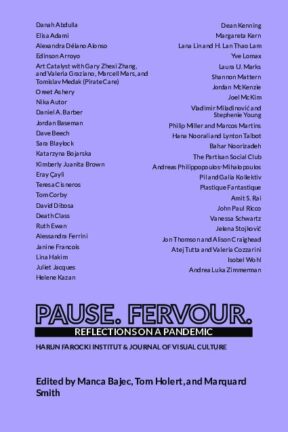
Manca Bajec, Tom Holert, and Marquard Smith (Eds.), Pause. Fervor. Reflexions on a Pan-demic, Harun Farocki Institut & Journal of Visual Culture 2021. Available online: Read more
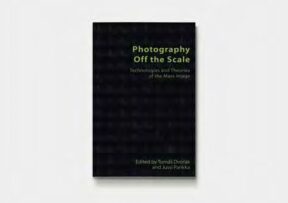
It hasn’t been that long since theorists attempted to define “the expanded field of photography”. In Photography Off the Scale: Technologies and Theories of the Mass Image, a book published last year, photography goes from the expanded field straight “off scale”…
Read more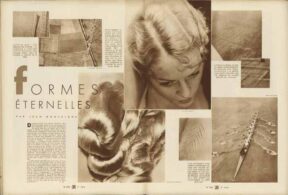
Magazines published between the wars present a rewarding area for research. Tim Satterthwaite enters this field with humility and the knowledge that he is indebted to those who leafed through the century-old magazines before him…
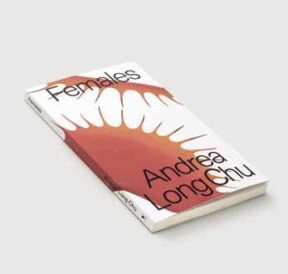
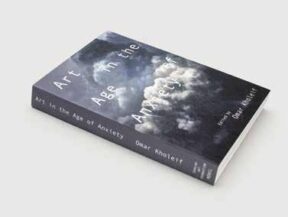

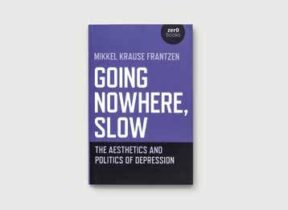

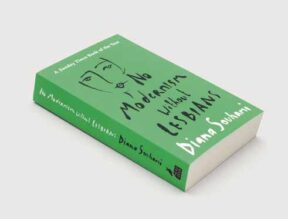
Paris’, Gertrude [Stein] said, ‘was where the twentieth century was’, ‘the place that suited those of us that were to create the twentieth-century art and literature”. It is in this Paris of the interwar period that Diana Souhami portrays those that, according to her, contributed con-siderably to the inception of Modernism and yet have been time and again written out of history: lesbians…
Read more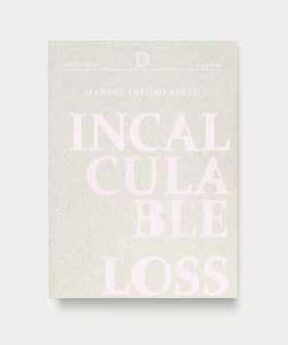
This 2018 collection of texts by Manuel Arturo Abreu (who uses the pronoun they) ages like wine, particularly in these times of hyper-digitalization of everyday activities. Abreu, who is best known thanks to their poetic and artistic work, this time applied themselves to the field of the essay and critical theory (although they themselves would probably use the term “anti-theory”)…
Read more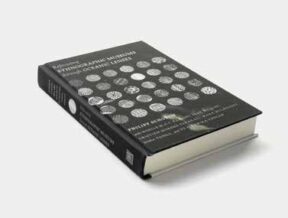
Philipp Schorch’s research features a long-standing interest in the history of collections from Oceania found in Leipzig and Berlin, as well as exhibition formats in the context of the transformation of the political paradigm and the geographical context of the museum as an institution…
Read more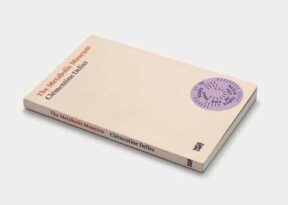
“I imagined the museum as if it were a body, a metabolism built on the cohabitation and interchange between different organs with symbiotic functions.” Clémentine Deliss, currently a curator at the KW Institute for Contemporary Art in Berlin, describes in this book her experiences gleaned from five years of directing the Museum of World Cultures in Frankfurt, which she attempted to transform into a progressive and interdisciplinary institution…
Read more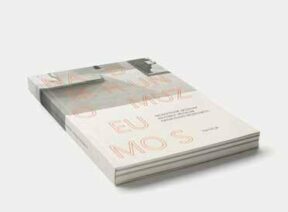
This book is the result of an eponymous exhibition project rea- lized at the turn of 2018 by the Bratislava based iniciative tranzit. sk, but it certainly stands its ground as a separate publication…
Read more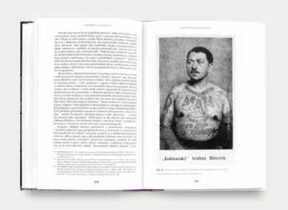
Filip Herza’s excellent and academically dutiful book represents a significant contribution to the discussion on the perception and reproduction of (ab)normality. It makes use of specific examples to demonstrate how the concept of the normal was created through popular entertainment culture and how it became part of the social establishment and its institutions…
Read more
How do our ideas about photography change if we also begin taking into consideration that which was not photographed? What if one part of photography consists of its very absence from particular situations? And how can we think about the camera before its discovery? These are some of the questions posed by theorist and political scientist Ariella Aïsha Azoulay in her book Potential History: Unlearning Imperialism, in which she entwines photography into networks of power relationships between nations and cultures…
Read more
Pardo, Alona (ed.). Masculinities: Liberation through Photography. Londýn: Prestel, 2020. ISBN 9783791359519.
Read more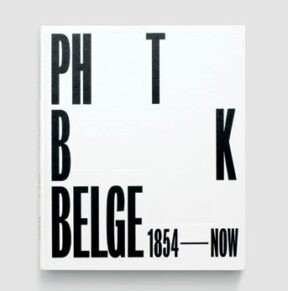
Berghmans, Tamara (ed.). Photobook Belge: 1854–Now. Veurne: Cannibal/Hannibal Publishers, 2019. ISBN 9789492677884
Read more
Duńczyk-Szulc, Anna (ed.). Dispersed Contact. Photographs from the Ringelblum Archive: Reinterpreted. Warsaw: Jewish Historical Institute, 2019.
Read more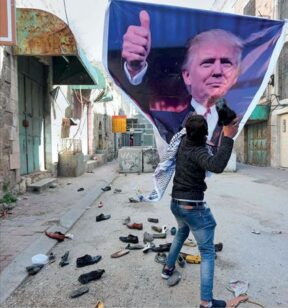
Pasternak, Gil (ed). The Handbook of Photographic Studies. London: Bloomsbury Press, 2020. ISBN 9781474242202.
Read more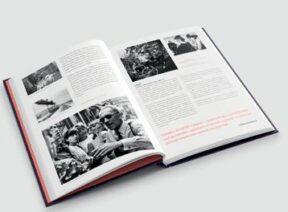
Stebur, Antonina and Samarskaya, Hanna (eds.). The History of Belarusian Photography. Minsk: Month of Photography in Minsk, 2019. ISBN 9785389030800.
Read more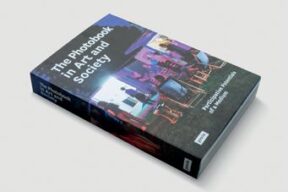
Montag Stiftung Kunst und Gesellschaft (ed.) ve spolupráci s The PhotoBookMuseum. The Photobook in Art and Society: Participative Potentials of a Medium. Berlin: Jovis Berlin, 2020. ISBN 9783868595949…
Read more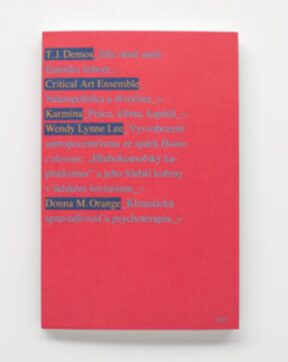
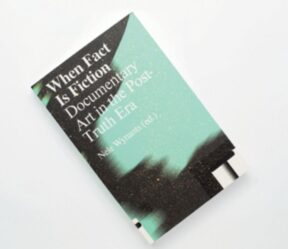
The newest in a series of publications focused on emergent so-cio-political phenomena in the context of art and architecture, with a unified design by the Dutch duo Metahaven, is another compilation of texts, artistic commentaries and projects…
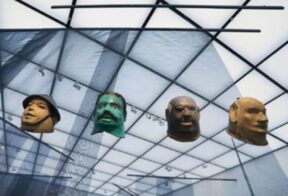
Artalk Revue is a project of considerable ambition by the online review platform artalk.cz. It goes well beyond what we might expect from a primarily informative medium…
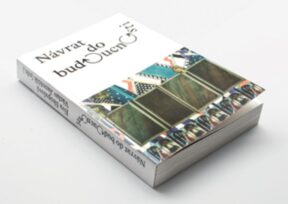
Given the other interests of the editors of this volume published by the AAAD, we could say this is a “curated selection” of texts on various temporalities and their semantic connotations.
Read more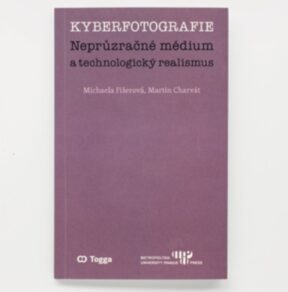
This publication by Metropolitan University Prague is another in an editorial series focusing on the theory of new media.
Read more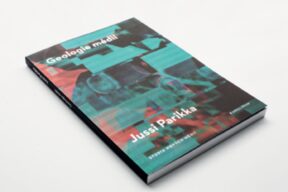
Just as the 1970s declared the end of the history of art, we are now witnessing a dissolution of the boundaries between science and art; the organic and inorganic world; rational methods and alchemy…


Museum der Moderne Salzburg (ed.).
Camera Austria International: Laboratory for Photography and Theory.
Leipzig: Spector Books, 2018.
ISBN 978-3959052573…

JURGENSON, Nathan.
The Social Photo: On Photography and Social Media.
New York: Verso Books, 2019.
ISBN 978-17-88730914…
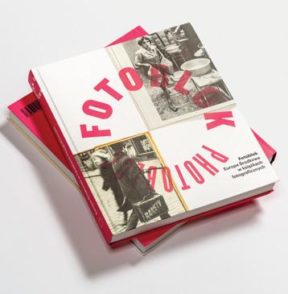
MAZUR, Adam a Łukasz GORCZYCA.
Photoblok: Central Europe in Photobooks.
Krakow: The International Cultural Centre Krakow, 2019.
ISBN 978-83-66419018.

STREITBERGER, Alexander a Hilde van GELDER.
“Disassembled” images: Allan Sekula and contemporary art…
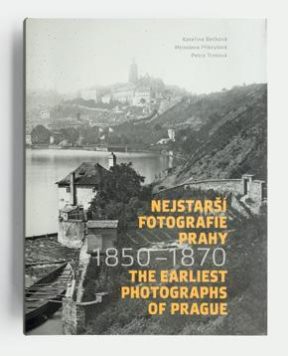
BEČKOVÁ, Kateřina, Miroslava PŘIKRYLOVÁ and Petra TRNKOVÁ.
The earliest photographs of Prague: 1850-1870. Translated by Lucie KASÍKOVÁ.
Prague: The Museum of the Capital City of Prague in cooperation with the Institute of Art History,
v…

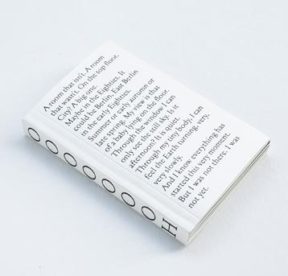
POLIAČIKOVÁ, Katarína. Skipping School, Learning the Fire of Things.
Ostrava: Fine Arts of Central Europe, 2019…
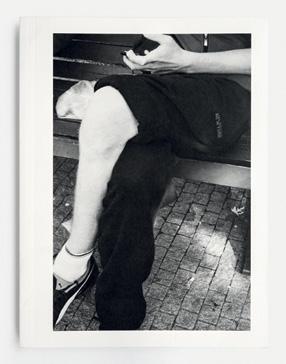

ORŁOWSKA, Anna. Futeral.
Łódź: Wschód Gallery & The Polish National FilmTelevision and Theatre School in Łódź, 2018…

KURMAZ, Sasha. Oh Yeah, Yea, Yea, Yea!
Kiev: selfpublished.

Bound in an ample whole joining the impulsiveness of zines with the ambitions of a book, the collected notebooks of Václav Jirásek’s Cars are a record of thou-sands of driven kilometers, as well as, more importantly, those undriven…
Read more